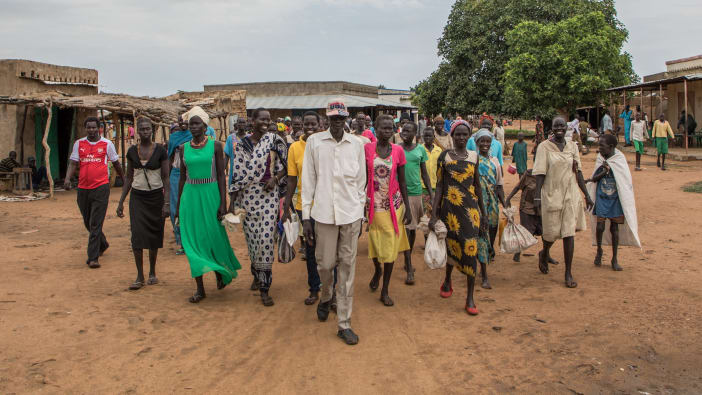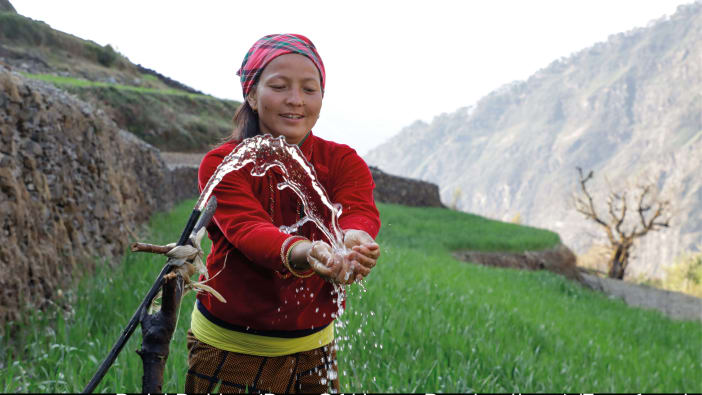Our commitment to development: the parable of the talents by Dr Isaac Zokoue FATEB, Central African Republic.
This is a familiar story, so we will not look at all the details, but there is much to learn about our attitude to development from this story.
Read Matthew 25:14-30
What is the master’s attitude to his servants? Look in particular at verse 15. Does he allow his servants to share in the management of his property? How much does he ask of each of them? Why?
How do the first two servants react? Read verses 16-17. What is our reaction, in terms of development, with the little we may have to work with?
In verse 20 we read how each of these two servants made 100% profit. Each one realized the maximum. Do we do this with the resources we have?
What is the master’s reaction in verses 21-23? Notice that he doesn’t give instant rewards - he lets them enjoy the fruits of their labours on a permanent basis.
In verses 24-25, do you agree with the accusation of the third servant after considering the qualities we have just seen of the master? What do you think lies behind his reaction to the master?
Why does the third servant meet with such harsh judgement? Is there a place in society for those who unfairly enjoy the fruits of the labour of others?
The parable of the talents brings out several principles which are helpful in development work.
Development, even in the physical realm, is a Biblical principle. People are responsible for their environment. The idea of growth representing development is found through the entire Bible. Those who fail to share in the development effort when they have the ability to do so exclude themselves from society. It is not fair to live on the fruits of others’ labour.
As Paul said, ‘Whoever refuses to work is not allowed to eat.’ Refusal to participate in the production effort for the good of oneself and that of others, goes against God’s plan for mankind. Is this a problem in your community? How could you help to improve the situation?









